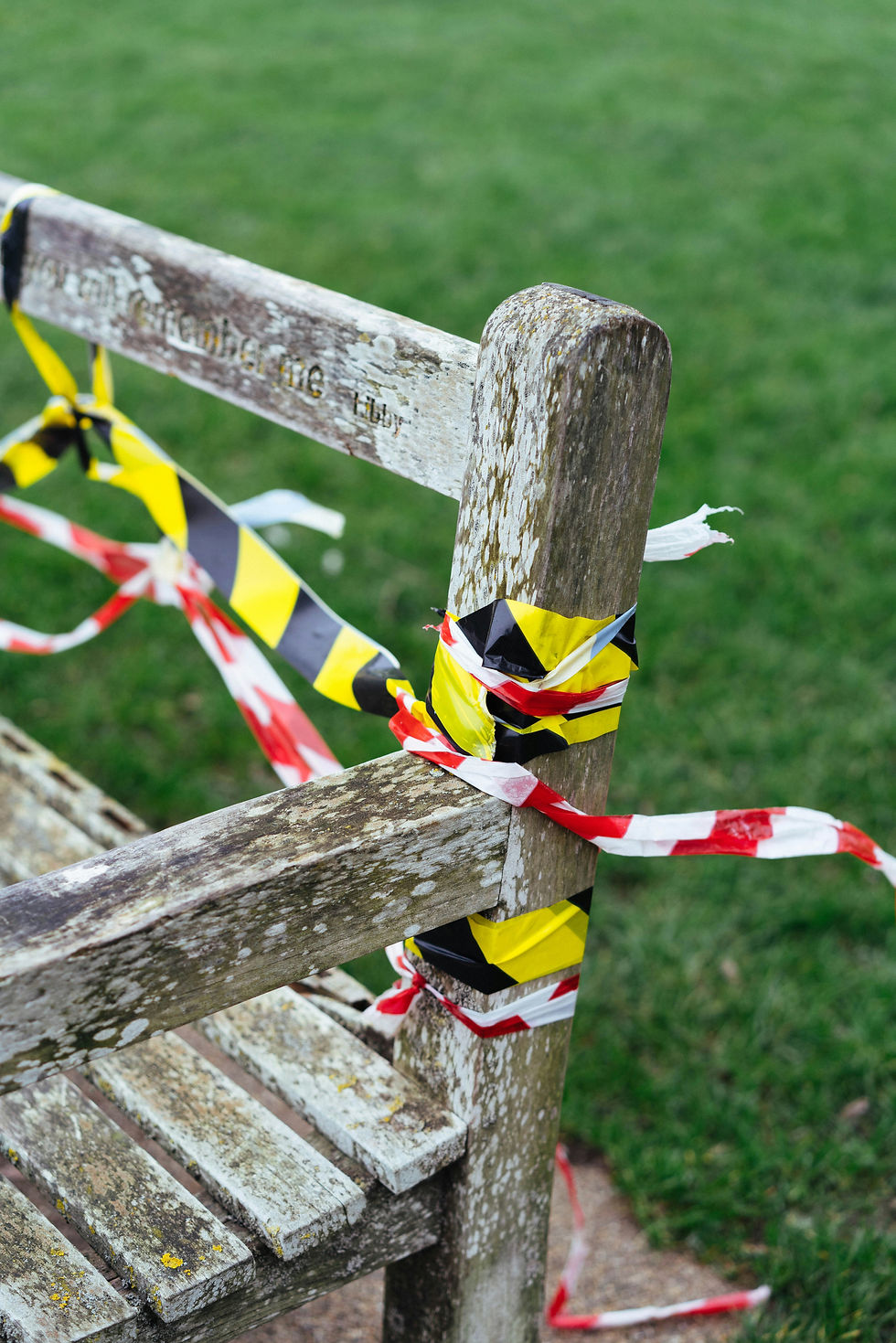The Critical Importance of Public Liability Insurance in Sectional Title Schemes: Protecting Your Community from Devastating Claims
- constant298
- Sep 16, 2025
- 4 min read
When a two-year-old boy had his arm tragically severed by an escalator in a Russian shopping centre, it sent shockwaves worldwide. While this horrific incident occurred internationally, it serves as a stark reminder of the liability risks that face property owners and bodies corporate every single day. For sectional title schemes, the question isn't whether an incident will occur, but rather: are you adequately protected when it does?
The Reality of Liability Risks in Community Schemes
Public liability insurance has never been more critical for sectional title developments. From escalator malfunctions to slip-and-fall accidents, the potential for catastrophic claims lurks in every common area, amenity, and shared facility. The Russian incident, while extreme, highlights a sobering truth: when negligence is proven, the financial consequences can be devastating.
Consider South Africa's own track record of mechanical failures: the 2019 a downtown Johannesburg elevator incident claimed a woman's life, the 2012 Durban escalator accident where a girl lost three toes, and in 2015 in another Durban incident a boy suffered serious injuries after his foot became trapped. Each incident represents not just human tragedy, but potentially millions in liability claims that could bankrupt the unprepared.
Understanding Negligence in Community Schemes
The concept of negligence in sectional title environments extends far beyond obvious mechanical failures. Negligence liability protection becomes essential when considering the multitude of ways a body corporate could be held responsible:
Design Defects: Known faults in building systems that weren't corrected or recalled
Inadequate Safety Measures: Insufficient warning signs, exposed mechanisms, or missing safety features
Maintenance Failures: Inconsistent or inadequate upkeep of lifts, escalators, and other shared infrastructure
Safety Protocol Breaches: Equipment being repaired without proper warnings and barriers

The determination of liability often hinges on seemingly minor details. The presence or absence of warning signs, the frequency of safety inspections, and adherence to maintenance schedules can mean the difference between a dismissed claim and a multi-million rand judgment.
Why Standard Insurance Falls Short
Many bodies corporate mistakenly believe their basic building insurance provides adequate protection. However, insurance against injury claims requires specialised cover that addresses the unique risks of community living. Public liability insurance for bodies corporate to protect against injury and property damage claims goes beyond property damage to cover the complex web of responsibilities that come with shared ownership structures.
The Sectional Title Liability Landscape
Liability insurance for community schemes operates in a complex regulatory environment. Bodies corporate face potential claims from multiple parties: unit owners, tenants, visitors, contractors, and neighboring properties. The Sectional Titles Schemes Management Act places significant responsibility on bodies corporate to maintain common property in good repair, creating a duty of care that extends to everyone who uses the facilities.
Recent cases have demonstrated that liability can extend beyond the obvious. When a body corporate fails to properly maintain a common property staircase railing and a resident falls, when pool safety equipment is inadequate and someone drowns, or when a resident or passerby, is injured by a falling tree or debris from work being undertaken on the common property, the financial exposure can be catastrophic.
The Cost of Being Underinsured
The financial impact of inadequate liability protection extends far beyond immediate claim payments. Consider
:
Emergency legal representation costs
Investigation and expert witness fees
Potential criminal liability proceedings
Reputational damage affecting property values
Special levies imposed on unit owners to cover shortfalls
The risk of possible increased insurance premiums following claims
For many sectional title schemes, a single significant liability claim could trigger special levies of tens of thousands of rand per unit owner, or worse, force the body corporate into liquidation.
Comprehensive Protection Through Professional Guidance
Navigating the complex landscape of sectional title liability requires expertise that goes beyond standard insurance products. MONO.insure specialises in understanding the unique risks facing bodies corporate and ensuring comprehensive protection is in place.
Prevention Through Risk Management
While comprehensive insurance is essential, the best protection combines adequate cover with proactive risk management. This includes:
Regular professional inspections of all mechanical systems
Documented maintenance schedules and compliance records
Clear safety protocols for contractors and service providers
Comprehensive incident reporting and investigation procedures
Regular review and updating of safety signage and warnings
The escalator incident serves as a powerful reminder that mechanical failures can have devastating consequences. For sectional title schemes, the question isn't whether liability risks exist, but whether you're prepared to face them when they materialise.
MONO.insure understands that proper public liability insurance isn't just about compliance – it's about protecting the investment and peace of mind of every unit owner. With specialised knowledge of sectional title risks and access to comprehensive cover options, MONO.insure ensures your body corporate has the protection it needs when it matters most.
Don't wait for tragedy to strike. Contact MONO.insure today to review your current liability protection and ensure your sectional title scheme is properly protected against the unexpected. Because when it comes to liability claims, being prepared isn't just good business – it's essential survival.



Comments